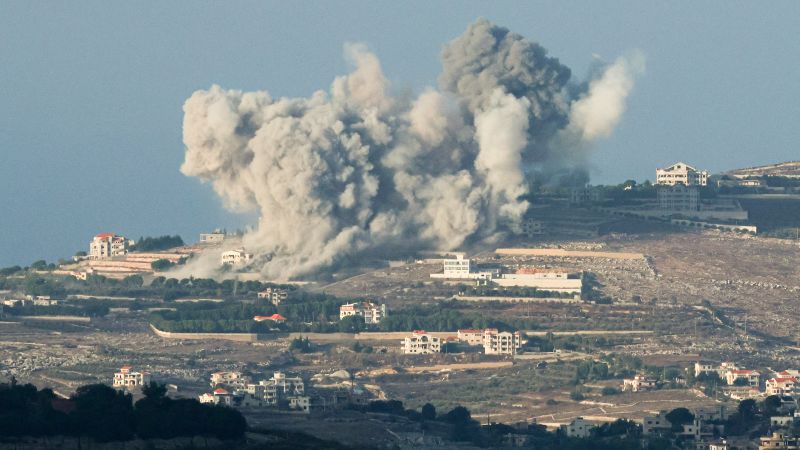The Middle East is currently experiencing chaos, but the oil market remains relatively calm despite the potential for all-out war in the region. This reaction is due to a past history of geopolitical scares that have not resulted in significant disruptions to the oil supply, leading investors to wait for concrete evidence of supply disruptions before increasing oil prices. However, experts warn of a real risk of a devastating surge in oil prices that could impact the global economy and potentially the US presidential election.
While oil prices have seen a slight increase recently, they are not at dramatic highs as the world braces for potential disruptions in the oil supply. The subdued reaction in the market is attributed to concerns about a supply glut, economic trouble in China, and internal disputes within OPEC+. The reaction to current events would have been much more pronounced before the shale revolution, which made the US a significant energy producer.
The main focus now is on how Israel will respond to Iran’s actions and whether this will lead to disruptions in oil flows in the region. While it is too early to predict a supply disruption, there is a risk that energy facilities and oil flows could be affected in an escalation between Israel and Iran. Potential responses from Iran remain a concern, including the possibility of attacks on oil facilities in the region, similar to the 2019 incident where Saudi oil facilities were damaged.
There is a belief among experts that the oil market is underappreciating the risks in the Middle East, with the potential for oil prices to surge significantly if there are disruptions in the region. Iran remains a key player despite sanctions, and any significant impact on their oil exports could lead to price spikes. Saudi Arabia and OPEC could potentially make up for the lost oil, and the Biden administration could release emergency stockpiles if needed. Disruptions in the flow of oil through the Strait of Hormuz could have a substantial impact on oil prices and the global economy.
A closure of the Strait of Hormuz would be a tipping point for the global oil market, potentially leading to oil prices well past previous record highs. This spike in oil prices could have a significant impact on gasoline prices, consumer confidence, and the overall stability of the global economy just weeks before the US election. Overall, the situation in the Middle East poses significant risks to the oil market and the global economy, and experts warn that the market’s complacency may not be justified in the face of escalating tensions in the region.













